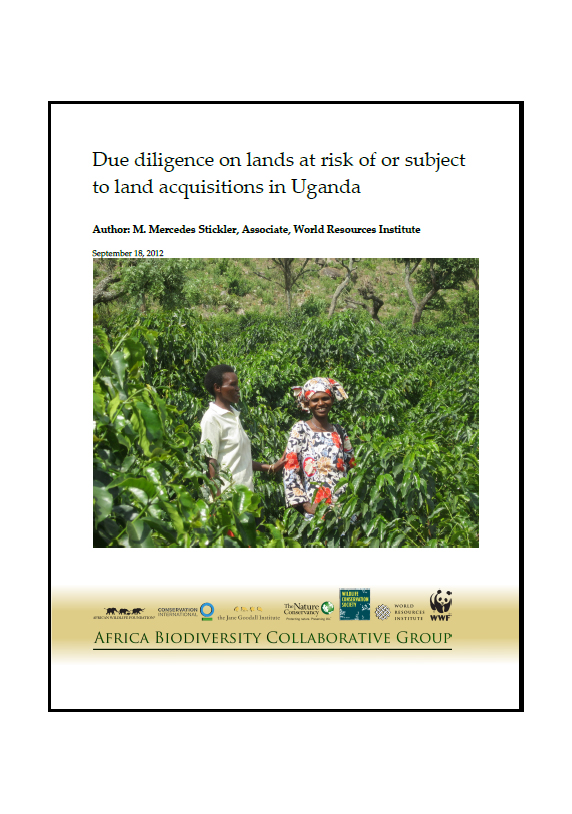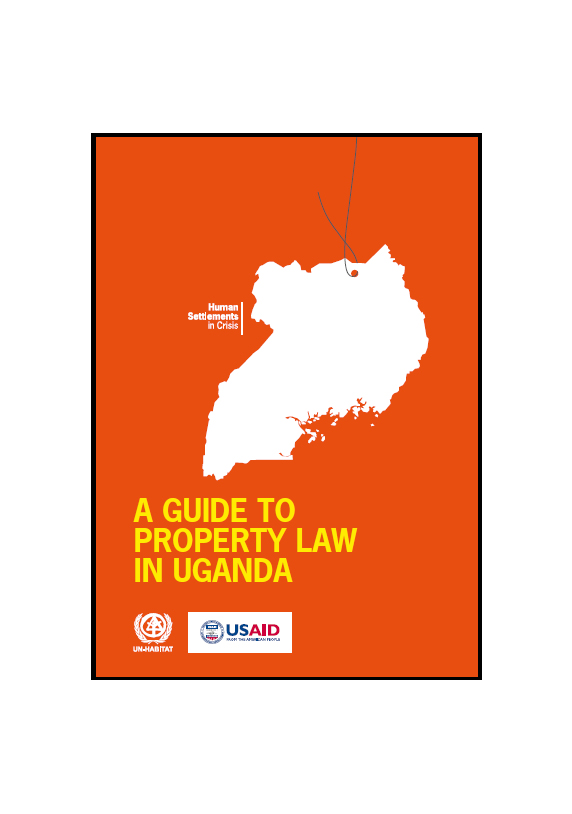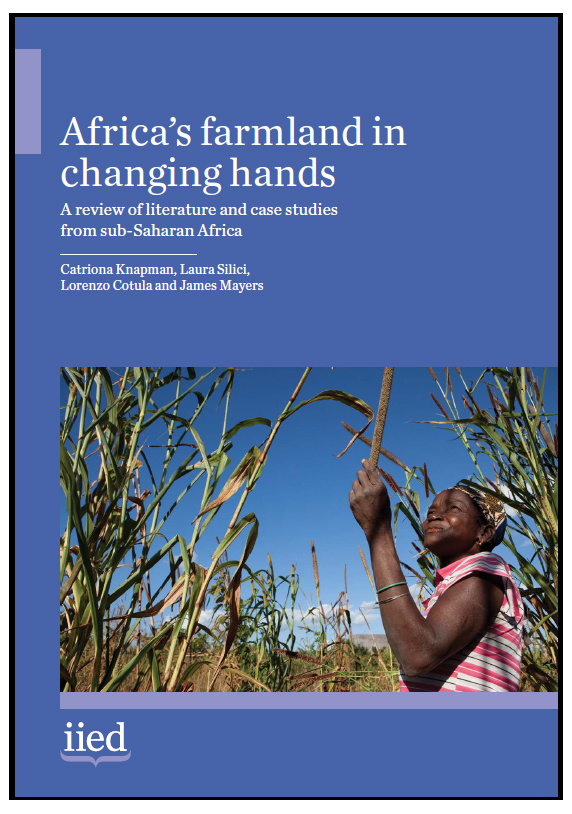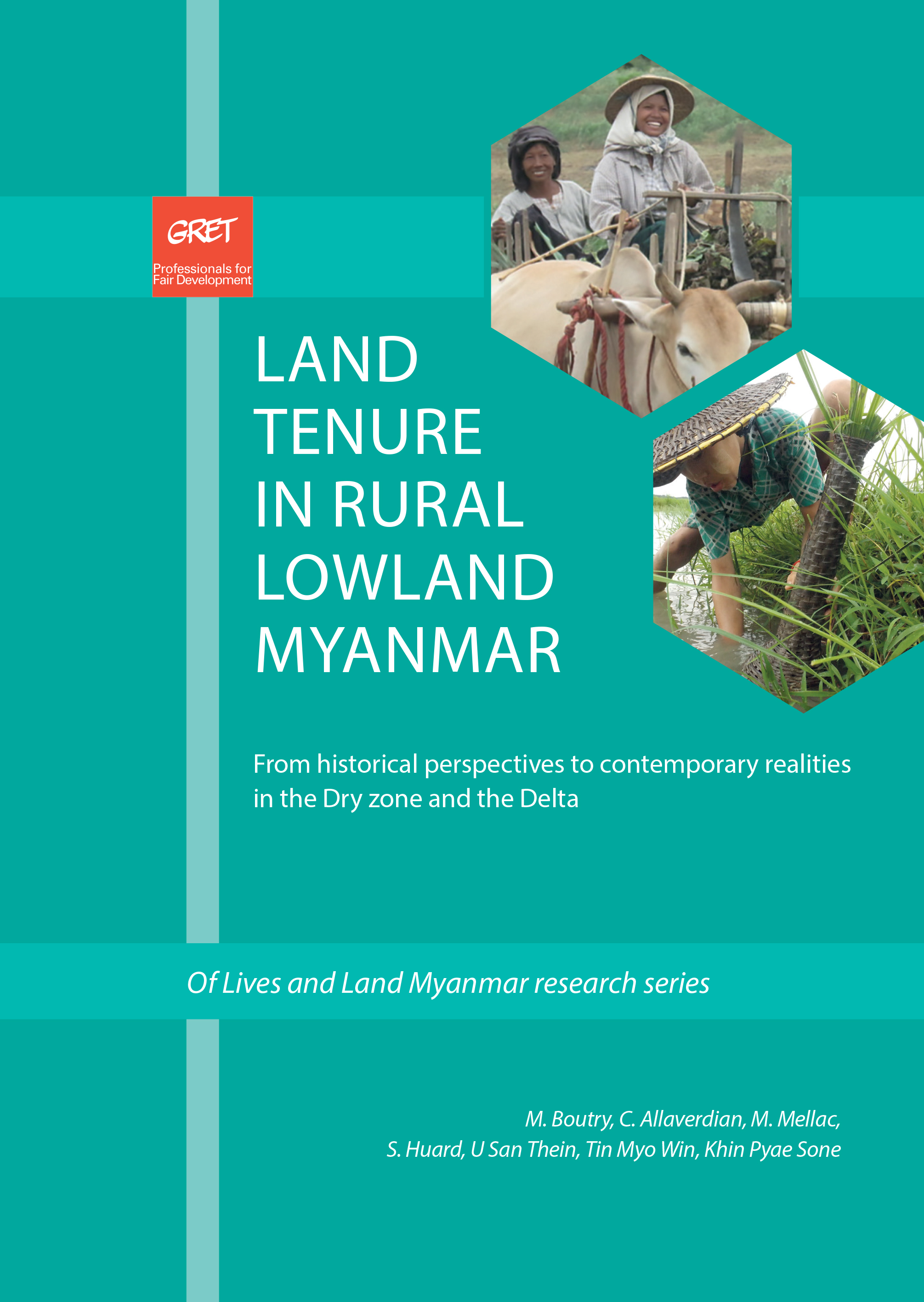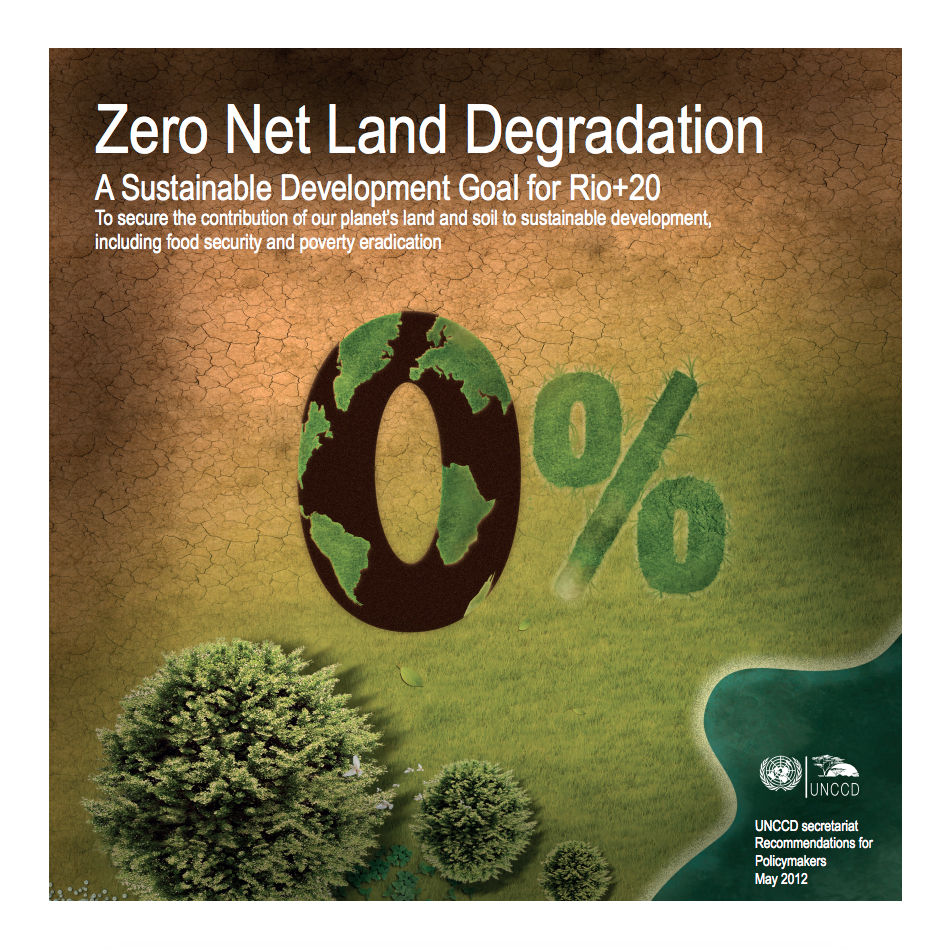COMMUNITY LAND JUSTICE IN UGANDA
Uganda’s northern region was traditionally inhabited by communities with predominantly pastoral lifestyles. As the country began developing administrative structures in the region, most clans found themselves settled into agro-pastoral communities. The elders found it imperative to demarcate areas of land to fit different uses, with areas for family settlement and cultivation clearly separated from other areas for communal use. Land was either demarcated by the leaders of a particular settlement or by the dominant clan for the benefit of everyone else in that area.


